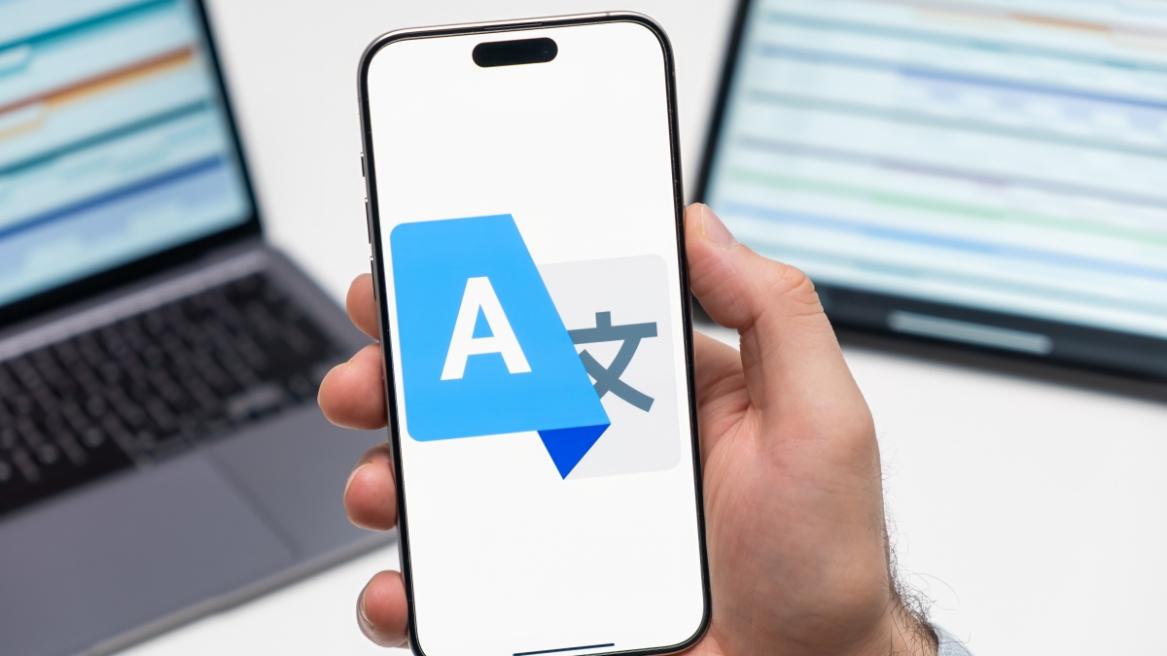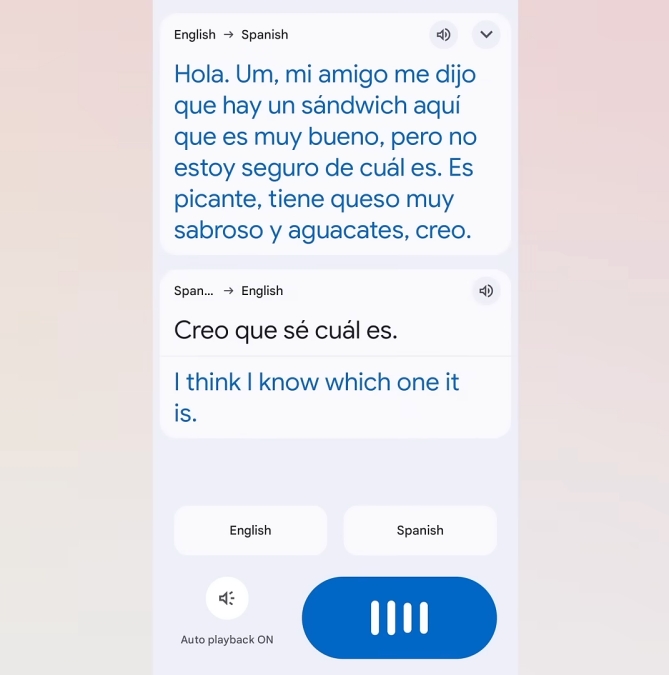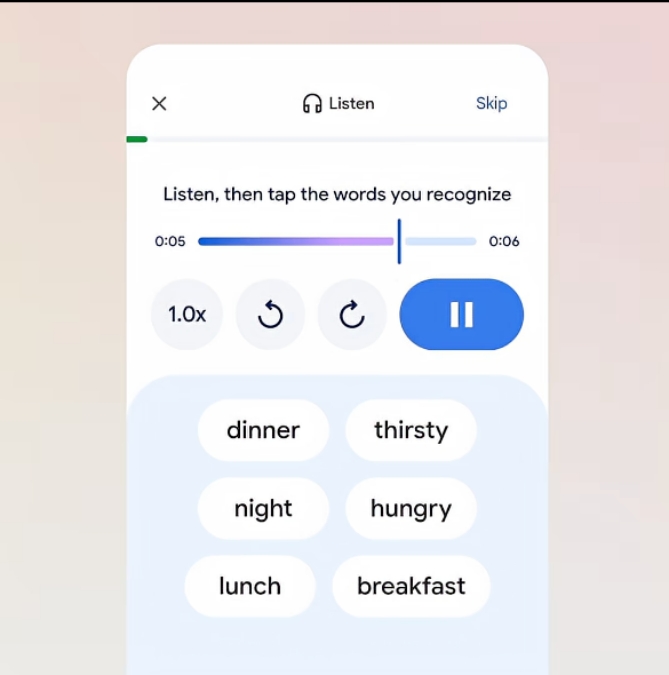
- Google Translate is rolling out a new Gemini-powered live translation tool for real-time conversations.
- The app is also introducing a language practice feature to help you learn new languages with a tailored experience according to your skill level.
- It also helps you understand spoken words and carry out conversations, tracking your daily progress as well.
Google Translate is getting a new Gemini-powered Live Translate tool, along with a language Practice tool, essentially taking on the likes of Duolingo. The Live Translate tool leverages the power of Gemini’s existing live conversation feature to translate your words.
This lets you “have a back-and-forth conversation in real time with audio and on-screen translations through the Translate app.” And it supports “more than 70 languages — including Arabic, French, Hindi, Korean, Spanish, and Tamil,” according to Google.

To use this feature, tap on the Live Translate option within the app. This new addition will be able to smoothly transition “between the two languages you and your language partner are speaking, intelligently identifying conversational pauses, accents, and intonations,” as per Google’s blog post.
Then there’s the language Practice feature, which helps you learn new languages and conversations. You enter your skill level, as in how fluent you are in speaking the said language, and your learning goal. Then Google Translate will curate a customized experience to train your language muscle with “interactive practices”.

It takes things one step forward by allowing you to listen to words in that language and identify them. This will build confidence in not just speaking but also understanding that language when spoken by someone else. The Google Translate app will “track your daily progress and help you build the skills you need to communicate in another language with confidence,” as mentioned by Google.
Google explained that the new Practice feature is “available first for English speakers practicing Spanish and French, as well as for Spanish, French, and Portuguese speakers practicing English.” I can’t help but think that Google is trying to take on Duolingo, one of the most well-known language learning apps, with its own AI-powered implementation.
